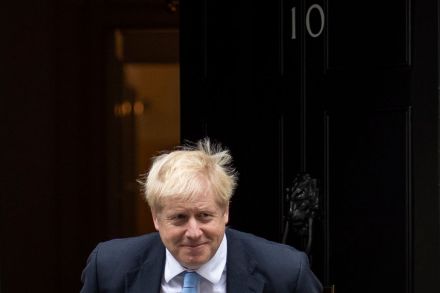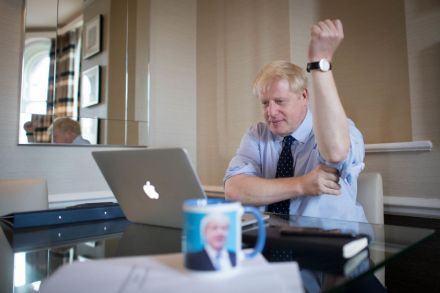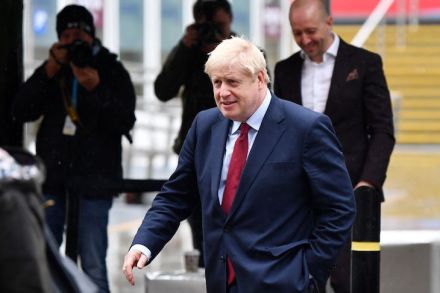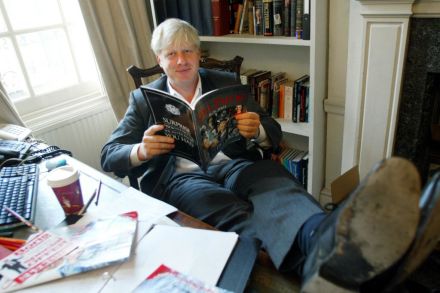Boris has compromised, not conquered on Brexit
Reflecting on Boris Johnson’s Brexit deal, I have many questions. Why are people who rejected the possibility of Northern Ireland being subject to EU rules and regulation via a contingent backstop now embracing the certainty of that happening? How could anyone reasonably expect the DUP to sign up to something that really does make Northern Ireland a very, very different part of the Union? Something they were repeatedly promised would never be conceded. Why are none of the people who used to be furious about the ‘£39 billion’ (actually less now but never mind) objecting to paying it now? Why shouldn’t MPs have at least a superficial analysis of the















